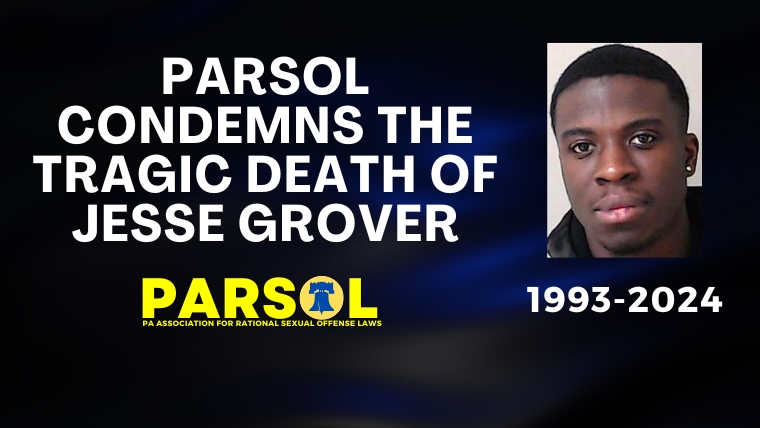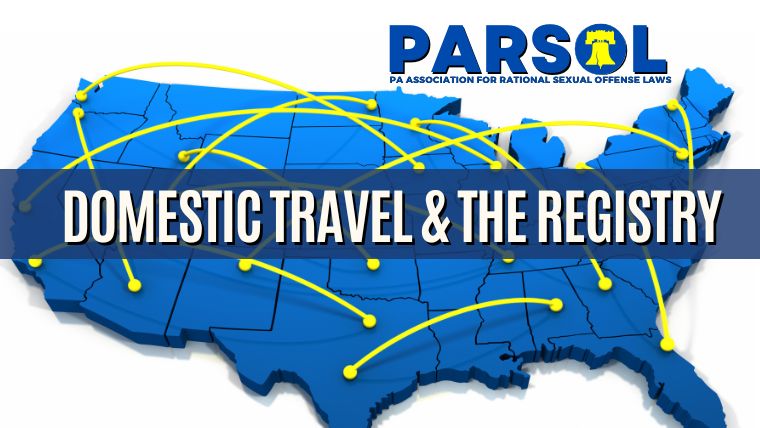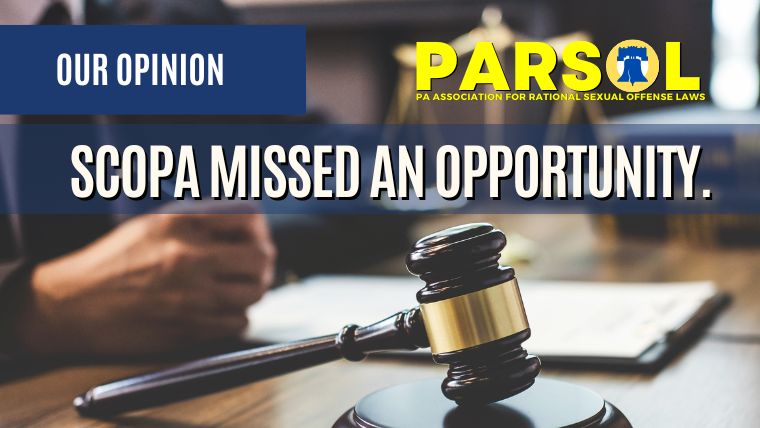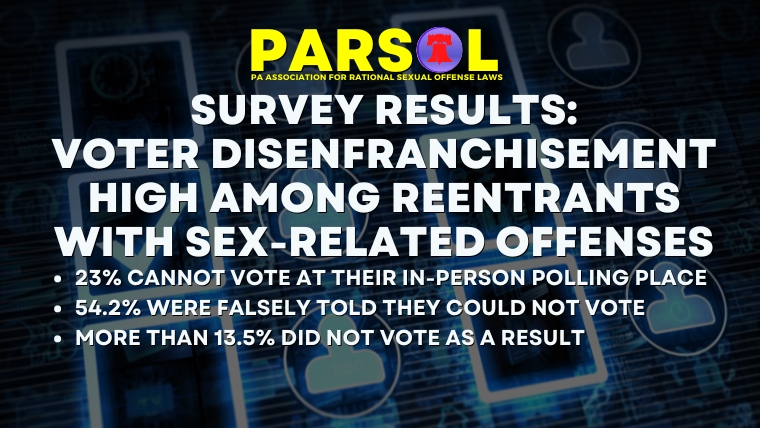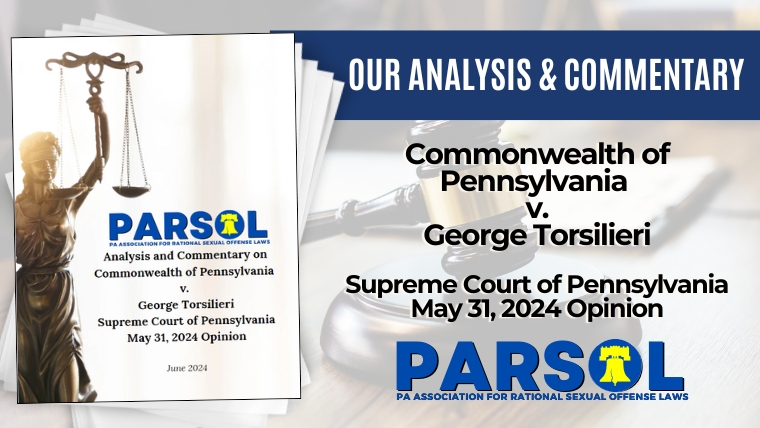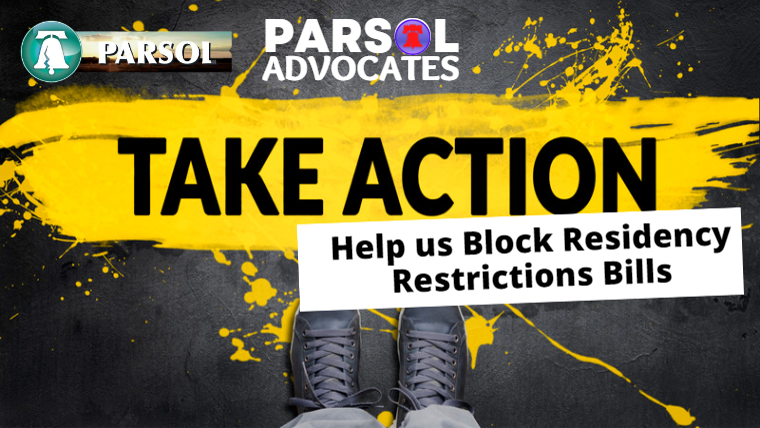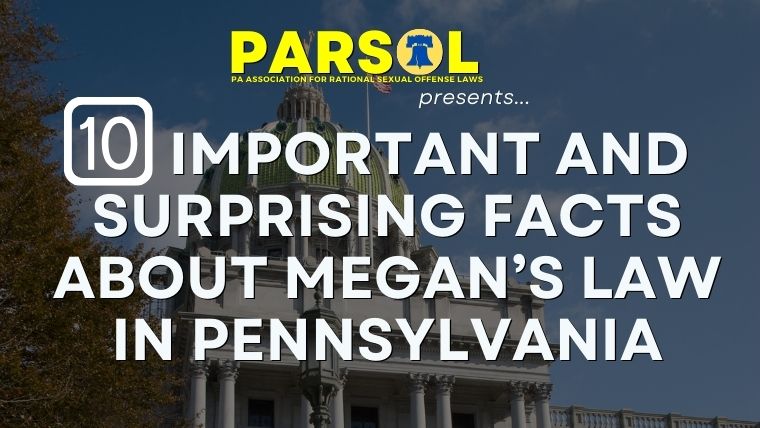At the heart of the 2024 PARSOL Fall Conference’s opening plenary, Pennsylvania Executive Deputy Attorney General Robert Reed, Esq. delivered an impassioned address centered on justice, empathy, and systemic reform. This keynote captured the challenges marginalized individuals face and proposed transformative strategies to create trauma-informed systems that honor humanity. Reed’s presentation illuminated the path toward a compassionate and equitable society…
Read MoreTag: public registry
BREAKING NEWS: PARSOL Condemns the Tragic Killing of Jesse Grover, Victim of the Public ‘Sex Offender’ Registry
For Immediate Release November 22, 2024 — The Pennsylvania Association for Rational Sexual Offense Laws (PARSOL.org) mourns the tragic and senseless death of Jesse Michael Grover, a 31-year-old resident of Sharon, Pennsylvania, whose inclusion on the public “sex offender” registry for an offense more than ten years ago, appears to have made him a target for gun violence. Jesse was…
Read MoreDomestic Travel On the Registry Challenges
Involvement with the legal system in the United States can be a traumatizing experience. For those who have been found guilty of crimes of a sexual nature, this process almost always results in a massive upheaval of what is considered normal. The dread of what is going to play out in the courts, the shame of exposure, and the remorse…
Read MoreOur Opinion: Supreme Court of PA Missed an Opportunity
Back in June of 2023 we published an article Are the Courts the New Galileo? It focused on Supreme Court of Pennsylvania (SCOPA) shifting away from the popular “frightening and high” myth and moving to uphold the science that persons forced to register (“PFRs”) pose a very low recidivism risk. Justice Kevin Brobson was quoted when referring to the Court…
Read MoreSURVEY RESULTS: Voter Disenfranchisement High Among Reentrants with Sex-Related Offenses
Originally posted 5/3/24 – Updated 7/15/24 with JSGC information. Pennsylvania HR 47 is a 2023 Resolution directing the Pennsylvania Joint State Government Commission to conduct a study on voting patterns and knowledge about voting rights among formerly incarcerated qualified electors in Pennsylvania and submit a report of its findings and recommendations to the House of Representatives. In response to this…
Read MoreAnalysis & Commentary: SCOPA Torsilieri Decision 5/31/2024
Introduction The long-awaited Commonwealth v. Torsilieri (Pa. 2024) (Torsilieri II) opinion finally dropped on May 31, 2024 – fifty-three weeks after the Supreme Court of Pennsylvania (SCOPA) heard oral arguments. What PARSOL hoped would be a ‘slam dunk’ win after the Chester County Court of Common Pleas decided twice in the defendant’s favor only became a huge disappointment. SCOPA, in…
Read MorePARSOL Lobby Day 2024 Recap
PARSOL Legislative Director Randall Hayes and Managing Director John Dawe were joined on Capitol Hill in Harrisburg, PA on Tuesday, April 30, 2024 by eight additional PARSOL volunteers from across the state. We met with dozens of Senators, Representatives, and Senate and House employees about rational reform measures to protect our communities and families from harm. Here are our current…
Read MoreScammers Getting Bold
Guest Blog Post by C.M. A scam. An elaborate ruse orchestrated to prey on my fears and vulnerabilities. That’s all this was. But in reality, it was so much more. I live my life in constant fear of “screwing up.” A big part of me questioned the validity of the scenario from the beginning, yet amidst the chaos and confusion,…
Read MoreTAKE ACTION: Help Block Residency Restriction Bills (2023)
Pennsylvania State Representatives have introduced House Bills 47 and 77. These bills target persons forced to register under PA’s Megan’s Law. If passed, an individual forced to register as a “sexually violent predator” who resides within 2,500 feet of a public school, private school, parochial school, or day-care center would have six months after the law’s effective date to relocate…
Read More10 Important and Surprising Facts about Pennsylvania’s Megan’s Law
Pennsylvania Megan’s Law can be confusing. Check out our Top 10 Facts about SORNA in PA.
Read More
